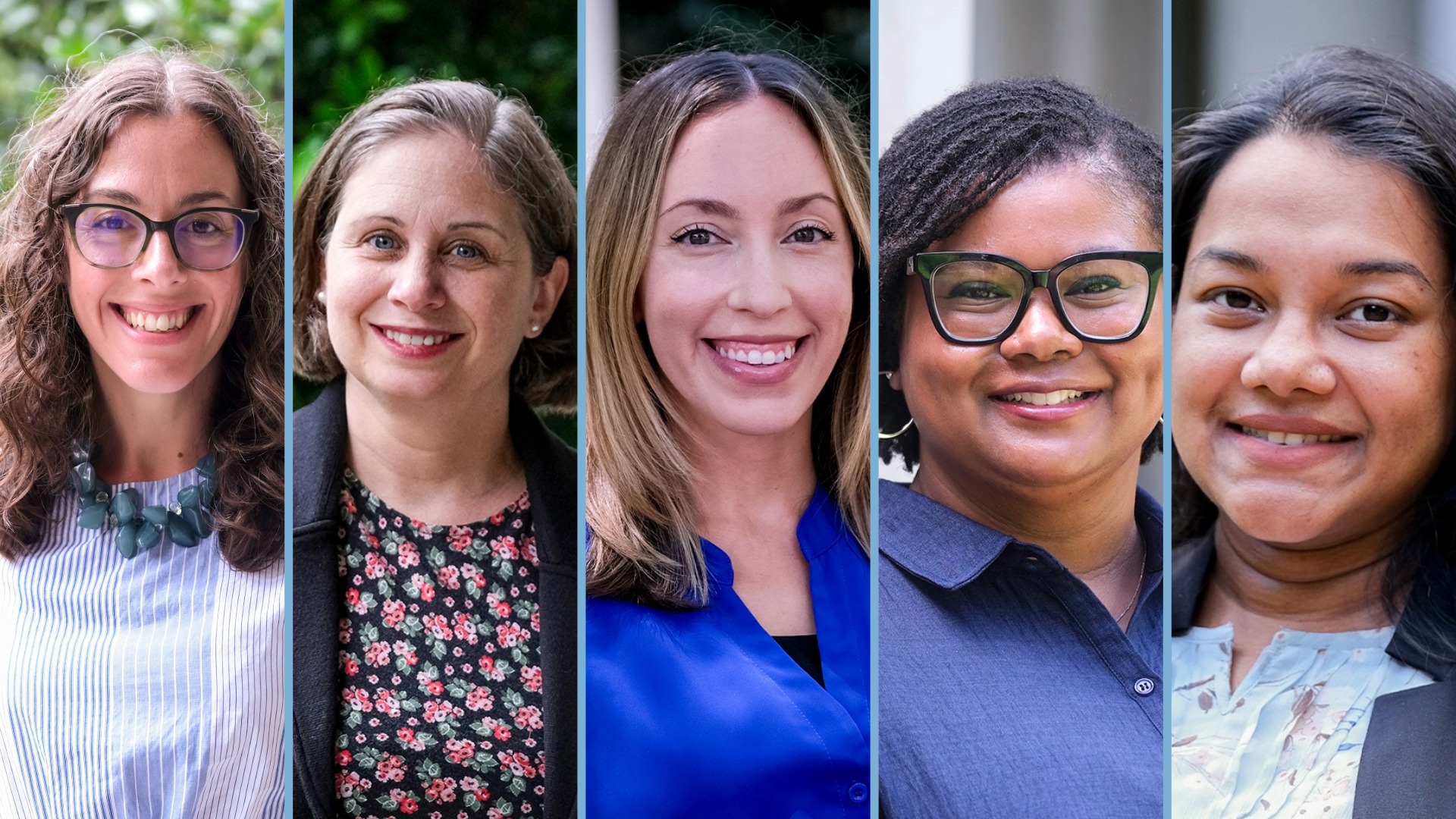The UNC School of Education welcomes five new faculty members — Megan Duff, Megan Hyland Tajlili, Jessica Rodrigues, Tiffany Wiggins, and Zarifa Zakaria. Collectively, they bring a wide range of expertise and high-impact research spanning educational policy, technology, learning analytics, mathematics education, school counseling, special education, and organizational leadership.
“This is an impressive addition to an already outstanding faculty, and I couldn’t be more excited to see how they advance the School, their respective fields, and communities across North Carolina and the U.S.,” said Jill V. Hamm, Ph.D., dean of the School of Education and William C. Friday Distinguished Professor of Education. “Their scholarship, teaching, and professional contributions will continue to bolster our programs and enhance the experiences of and opportunities for our students — in turn, improving organizations and improving outcomes for K-12 students and educators.”
Meet these new faculty members and learn about their expertise.
Megan Duff, Ph.D.
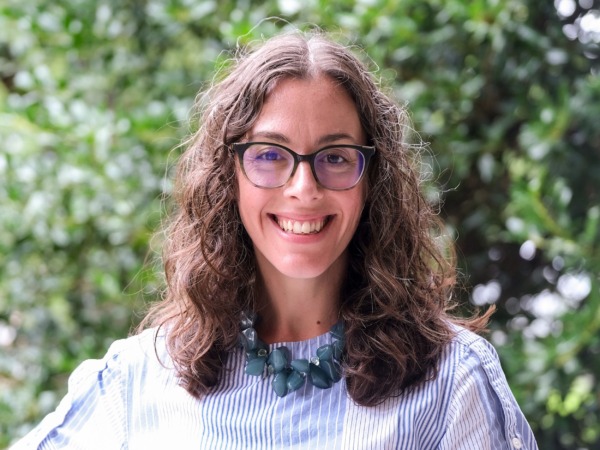
Megan Duff, Ph.D., joins the School as an assistant professor in the Policy, Leadership, and School Improvement concentration of the School’s Ph.D. program. She previously served as a postdoctoral fellow on the Measuring Network Health Project — a study examining the initiation, development, and sustained impact of more than 35 educational improvement networks across the U.S. — at the University of Pittsburgh and Vanderbilt University.
Duff began her career as a middle school English teacher in both traditional public and charter schools in New York City. Her research focuses on identifying strategies to improve educational outcomes for students across the educational spectrum, from pre-K through postsecondary education. Utilizing both qualitative and quantitative approaches, her work examines three primary areas related to educational improvement: 1) leadership strategies and organizational conditions that support learning and improvement within organizations; 2) partnerships, networks, and other forms of inter-organizational collaboration that have the potential to catalyze learning and improvement between organizations; and 3) policy and institutional contexts that mediate organizational and system-level improvement efforts.
With an interest in the role of networks and other collaborative structures as mechanisms for educational improvement, Duff’s research also explores the potential for improvement networks to drive transformational change within educational organizations. Her work has been published in Educational Researcher, Educational Evaluation and Policy Analysis, and the Peabody Journal of Education, among others. She also serves as a member of the Improvement Scholars Network hub team.
Duff holds a bachelor’s degree in English from Columbia University, a master’s degree in middle school education from Bank Street College of Education, and a second master’s degree and Ph.D. in education policy from Teachers College at Columbia University.
Megan Hyland Tajlili, Ph.D., NCC, PMH-C, LCMHC
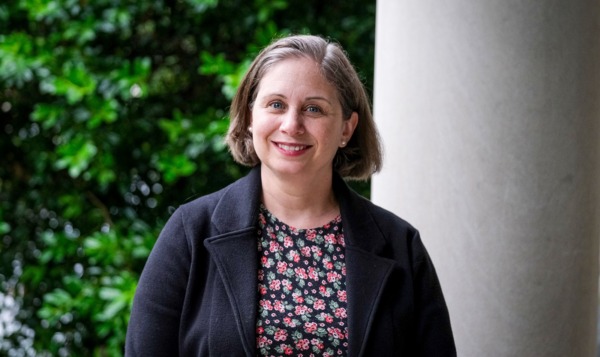
Joining the School in spring 2025, Megan Hyland Tajlili, Ph.D., serves as a clinical assistant professor in the School Counseling program. She previously worked as an adjunct instructor in the School of Education, in applied psychology at New York University, and in the counselor education program at North Carolina State University.
A licensed clinical mental health counselor and supervisor, as well as a certified perinatal mental health professional, Hyland Tajlili’s private practice work specializes in supporting perinatal women and working mothers. Her previous roles include positions within Virginia Commonwealth University’s Career Center, Meredith College’s Academic and Career Planning Center, and the Poole College of Management at North Carolina State University’s Career Development Center.
Her counseling research focuses on evidence-based therapy for school counselors, college and career transitions, and gender issues. In her teaching, Hyland Tajlili draws on her expertise to train counseling students through a student-centered approach and mentorship — having taught core counseling courses such as practicum, internship, tests and measurements, seminar in applied investigations, and human development.
Hyland Tajlili earned her bachelor’s degree in English and music from the University of North Carolina at Chapel Hill and a master’s degree in counselor education with a concentration in college counseling and student affairs from Virginia Commonwealth University. She holds a Ph.D. in counseling and counselor education from North Carolina State University.
Jessica Rodrigues, Ph.D.
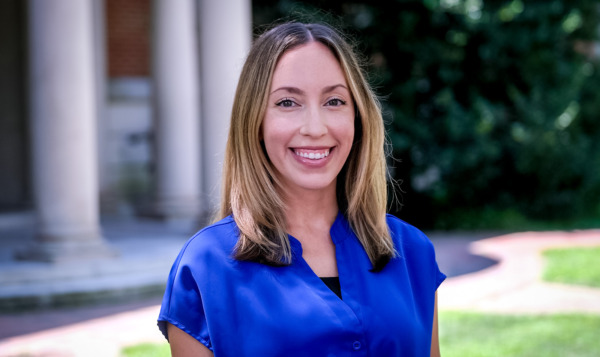
Jessica Rodrigues, Ph.D., joins the School as an assistant professor in special education with a focus on high-incidence disabilities within the Applied Developmental Science and Special Education concentration of the School’s Ph.D. in Education program. Before Carolina, she was an associate professor in the Department of Special Education at the University of Missouri.
Rodrigues’s research centers on supporting the mathematics understanding of K-12 students with disabilities by examining the effectiveness of mathematics screeners, practices, and interventions. Her work also includes developing and assessing communication strategies to disseminate evidence-informed mathematics practices to practitioners — aimed at increasing research use in the classroom. Rodrigues’s work spans special education, mathematics education, and the translation of research for practicing teachers. She has examined the development of number sense, fraction sense, and related mathematics skills among K-12 students with disabilities, as well as designed interventions to support this development and address challenges with these concepts. More recently, her scholarship has focused on creating effective ways to communicate research findings to educators to bridge the research-practice gap.
Rodrigues is the director of the Mathematics Potential Lab, a research lab supporting mathematics learning of K-12 students, with a focus on supporting students who are experiencing mathematics difficulty in the classroom. She is the principal investigator on two National Science Foundation grants, including an NSF CAREER award that leverages knowledge mobilization strategies to support the mathematics learning of elementary students with or at risk for mathematics difficulty.
Rodrigues earned a bachelor’s degree in psychology from Iona College and a master’s degree in experimental psychology from Long Island University. She holds a Ph.D. in education from the University of Delaware.
Tiffany Wiggins, Ph.D.
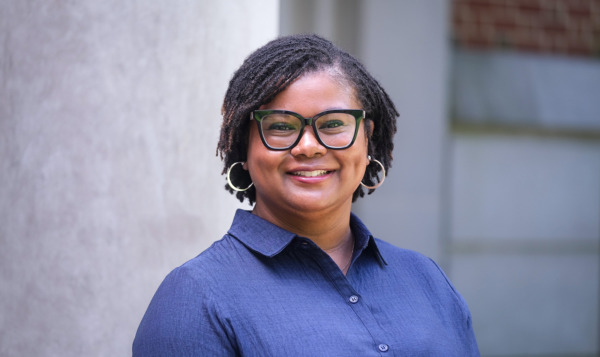
Tiffany Wiggins, Ph.D., joins the School as a clinical assistant professor of organizational learning and leadership within the undergraduate Human and Organizational Leadership Development program and the online Ed.D. in Educational Leadership with a concentration in Organizational Learning and Leadership. Prior to joining the School, she was an assistant professor of higher education administration at North Carolina Central University.
An experienced higher education practitioner-scholar with expertise in student success and organizational development, Wiggins’s research centers on the lived experiences and dynamic identities of people from marginalized communities in academic and professional settings. Her work examines how mentorship, organizational culture, and wellness intersect with identity, leadership, and belonging. Using primarily qualitative methods, she conducts research in academic institutions, organizations, and community-based contexts to explore how individuals build supportive networks and thrive in complex environments.
Committed to translating research into practice through consulting, coaching, curriculum design, her recent scholarship includes the conceptual development of mentorship ecosystems and “villaging” as a framework for communal care and collective success, particularly among Black women. Wiggins’s professional experience includes working as senior program success manager at Mentor Collective, director of student success and diversity affairs in the College of Education at North Carolina State University, and assistant director of student transition and family programs at Old Dominion University.
Wiggins obtained a bachelor’s degree in business management with a concentration in management and a minor in leadership studies from Christopher Newport University, a master’s degree in human resource development from The George Washington University, and a Ph.D. in educational leadership with a concentration in higher education from Old Dominion University.
Zarifa Zakaria, Ph.D.
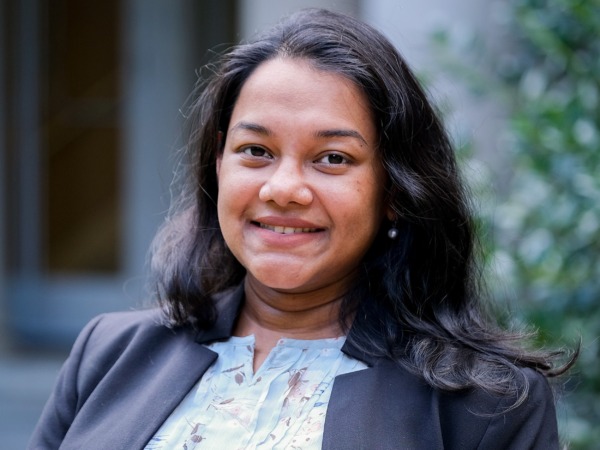
Zarifa Zakaria, Ph.D., joins the School as a clinical assistant professor in the Master of Arts in Educational Innovation, Technology, and Entrepreneurship — or MEITE — program. Before joining the School, she held a postdoctoral position at NC State’s Data Science Academy, where she developed innovative instructional approaches and AI-supported teaching for data science courses.
An entrepreneur specializing in educational technology, Zakaria is the founder and director of EdtechFinder, an online platform curating educational technology tools for educators, parents, and administrators. She brings expertise in learning analytics, user experience research, and leveraging industry partnerships to prepare students for careers in educational innovation and technology.
Her research evaluates and designs educational technologies to improve learning outcomes for students, investigating how learners interact with these tools through learning analytics and UX research methods. She employs mixed-method approaches, combining quantitative metrics with user experience insights, to assess EdTech effectiveness. Her work spans computer-supported collaborative learning, examining how students work together and with artificial agents in digital environments, to developing practical frameworks for assessing educational technology tools. Using project-based approaches, she engages students in analyzing real-world EdTech case studies, designing user experiences, and presenting data-driven recommendations to stakeholders.
Zakaria earned a bachelor’s degree in elementary education and a master’s degree in educational psychology from the University of Dhaka, Bangladesh. She holds a Ph.D. in teacher education and learning sciences with a specialization in educational psychology, focusing on collaborative learning in technology-enhanced environments, from North Carolina State University.
